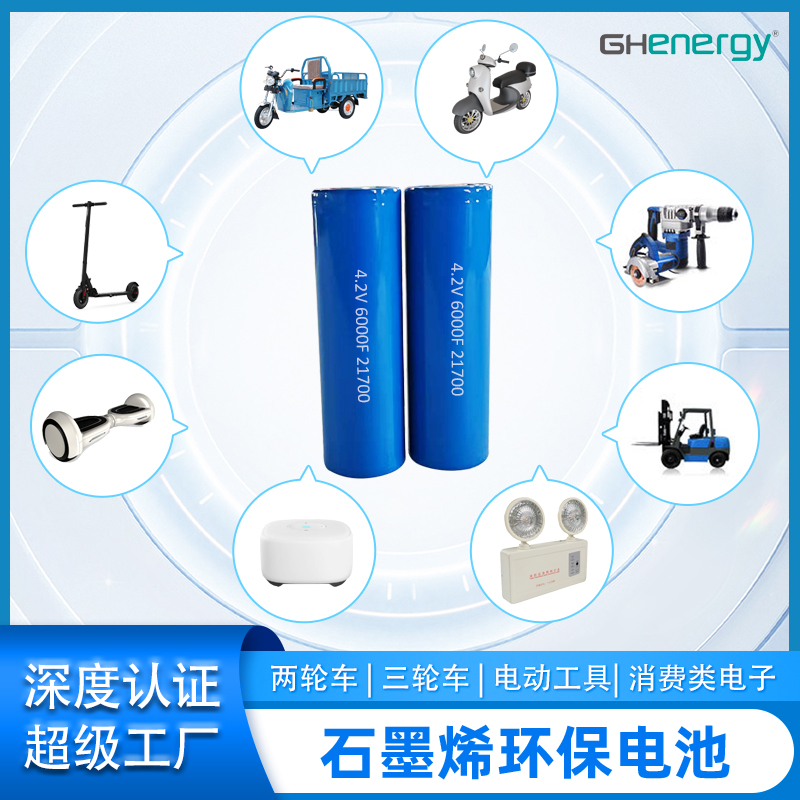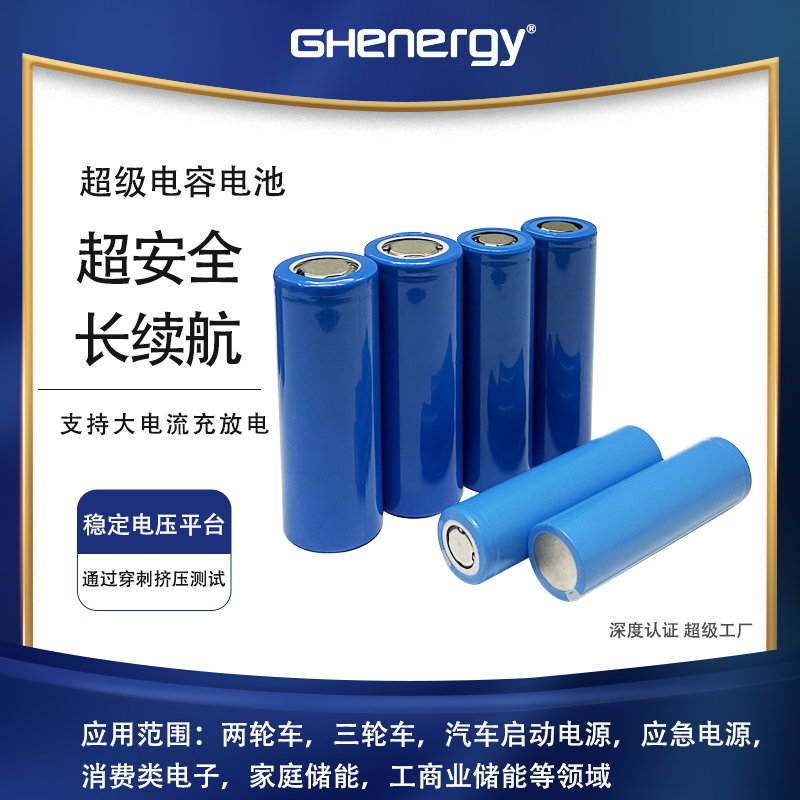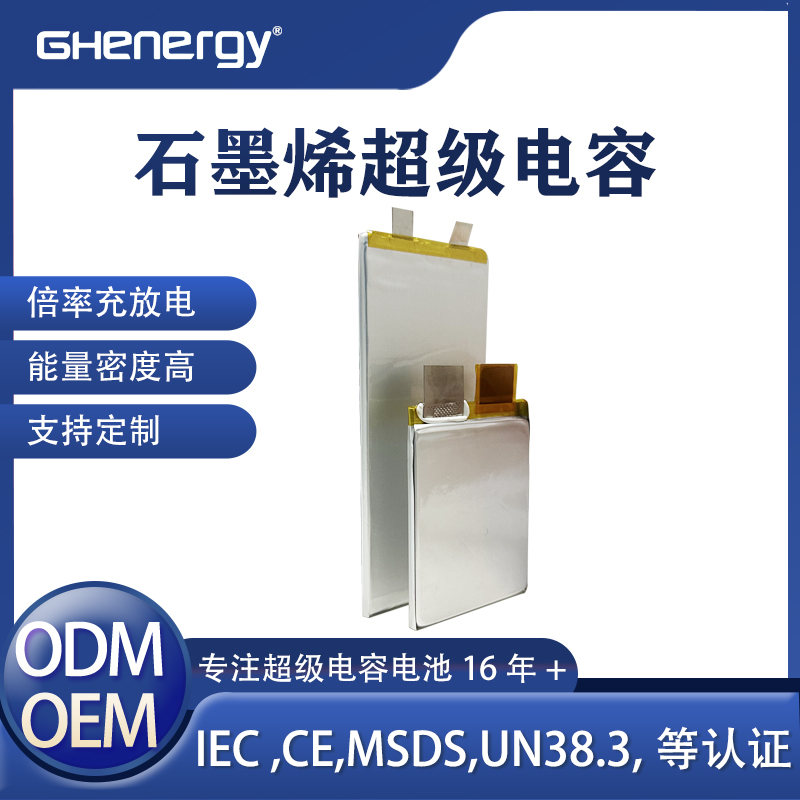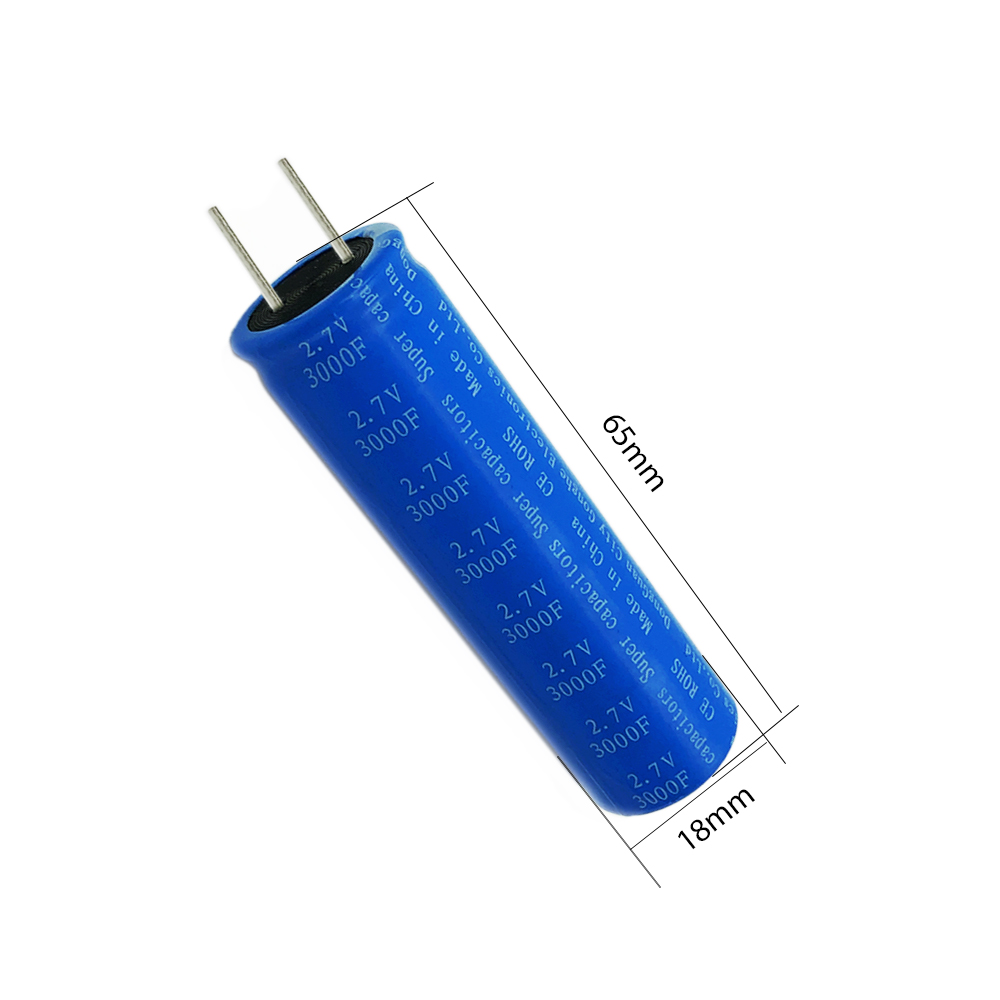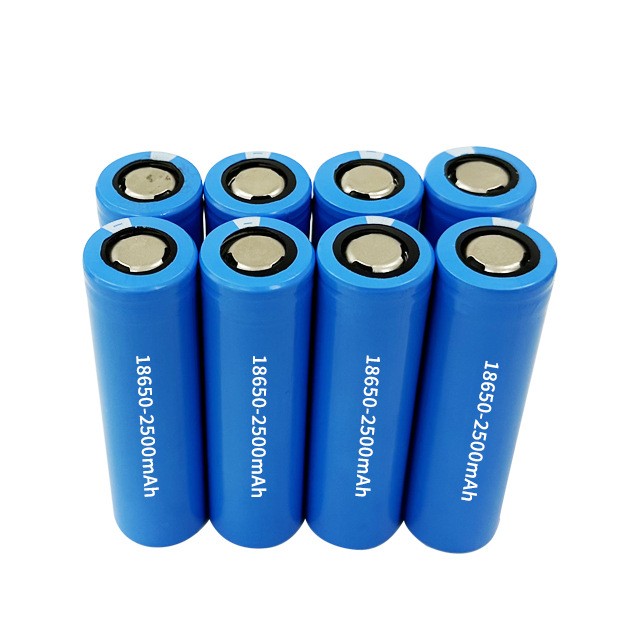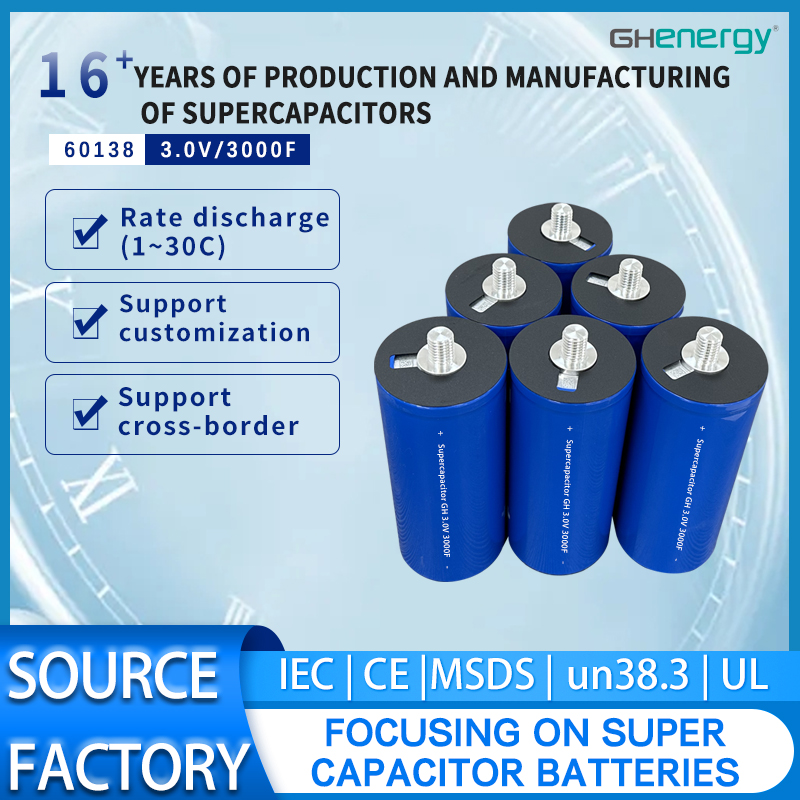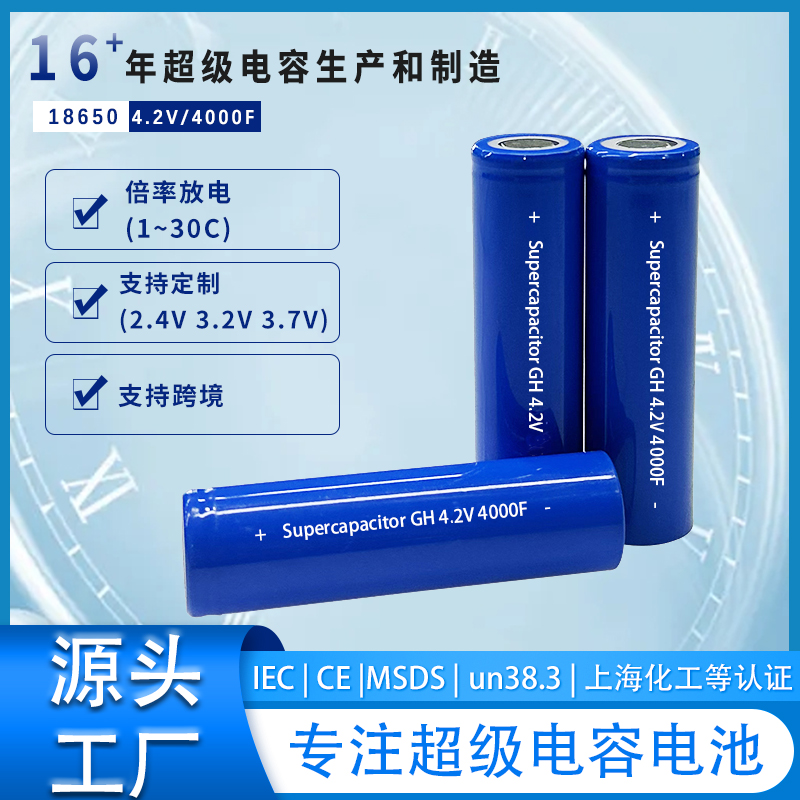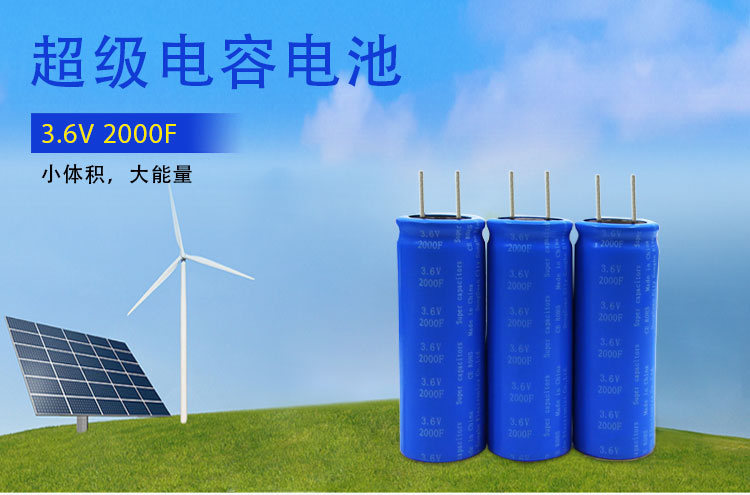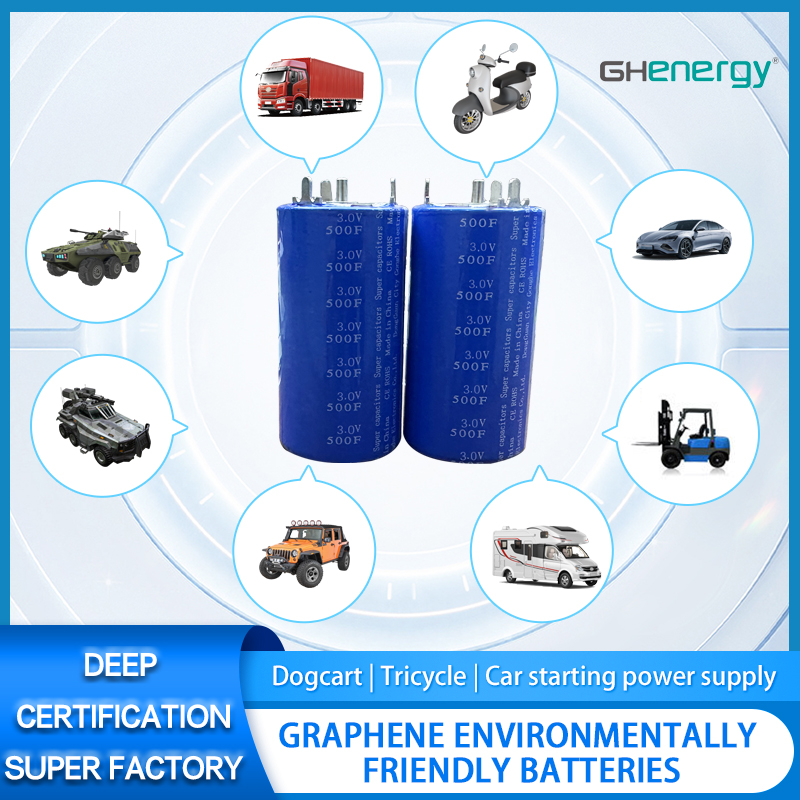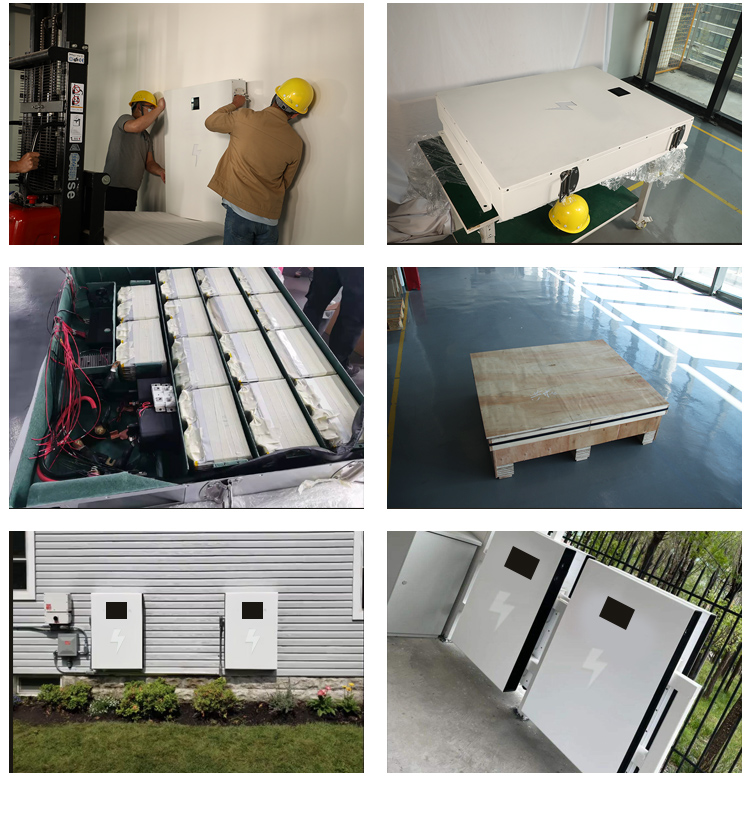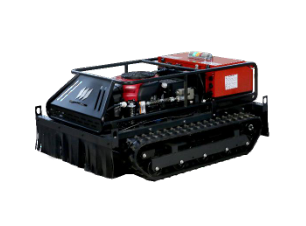Wedoany.com Report-Nov 25, Vulcan Energy has entered into an agreement to supply geothermal heat for industrial use of chemical producer BASF in Germany, with possible lithium extraction.
Vulcan Energy Resources Limited (Vulcan) has entered into a staged agreement with chemical producer BASF SE (BASF) to joint develop a geothermal heat project to supply BASF’s Verbund site in the city of Ludwigshafen in Rhineland-Palatinate, Germany. The partners will also evaluate the feasibility of constructing a lithium extraction plant within the BASF site to produce lithium from geothermal brine.
This announcement follows up on two similarly big announcements that Vulcan has made within the last two weeks – the start of lithium hydroxide production at the company’s CLEOP site in Frankfurt, and the awarding of EUR 100 million federal funding from the Ministry of Economics and Climate Protection of Germany.
Beyond reducing the CO2 emissions of BASF’s Ludwigshafen site, the geothermal opportunity extends to the potential for district heating to supply households in nearby cities. Vulcan and BASF are collaborating with regional energy providers Technische Werke Ludwigshafen and Stadtwerke Frankenthal to evaluate the feasibility of energy supply to the two cities.
The two partners plant to evaluate the possible construction and operation of a Lithium Extraction Plant on the BASF premises to produce lithium salts concentrate following energy production from the hot brine. This will then be transported to Vulcan’s Central Lithium Plant to produce battery-grade lithium hydroxide for the European electric vehicle market.
Approximately 2000–2500 GWh/a of heat generation is targeted from the Ludwigsland Development Project (LDP) from an integrated renewable heat and lithium brine operation, representing a significant amount of the heat demand of BASF. Ludwigshafen is BASF’s global headquarters. With a workforce of around 34,000 people, it serves as a key economic and industrial hub within the Upper Rhine Valley and is a significant contributor to the region’s growth and development.
Vulcan seeks to replicate this model across the Upper Rhine Valley. The company aims to build geothermal heating facilities to decarbonize industrial facilities and the public heating sector, while also utilizing the geothermal brine to produce lithium chloride.
“Partnering with Germany’s largest chemical company, BASF, to provide renewable geothermal heat at their Ludwigshafen headquarters is an excellent demonstration of Vulcan Energy’s dual commitment to decarbonise energy and lithium production via our integrated business approach,” said Cris Moreno, Vulcan’s Managing Director and CEO.
“This collaboration highlights how geothermal renewable energy and carbon neutral lithium production can work harmoniously together, delivering mutual benefits for industry and communities.”
“We want to supply our Ludwigshafen site with C-free steam in the future. In addition to harnessing the waste heat from our production facilities, where possible, we want to consider renewable heat sources from geothermal structures,” added Uwe Leibt, BASF SE President of European Verbund Sites.
The terms of the agreement
BASF will jointly fund the geothermal exploration as the first phase of the project. Assuming the first phases of the project, including seismic campaigns, exploratory well and doublet drilling are successful, and the partners decide to proceed with the project, BASF will be the heat offtaker for 100% of the geothermal heat
There will be three stages to the project:
2D seismic campaigns in the 2024/2025 winter season and a follow-up 3D seismic survey in 2025/2026 winter season to determine the well site locations. The costs of the 2D and 3D seismic surveys are to be borne evenly by the project partners.
Subject to successful seismic campaigns, identification of suitable drilling targets and public funding being obtained, the parties intend to drill, log and test one well with further details to be agreed within a co-operation agreement.
Subject to the first well producing sufficient quantities of hot brine, lithium and geothermal energy, the parties will decide whether to drill an estimated 12 new production and 12 re-injection wells on an estimated 5 new well sites. Each well cluster would contain a heat transfer station connected to Vulcan’s Lithium Extraction Plant on BASF premises within the Ludwigshafen complex and BASF heating station via a new pipeline system, with BASF to act as facilitator.
